$75,000 GRANT MATCH TO WOODVILLE ROSENWALD SCHOOL FOUNDATION IS COMPLETE
Below is a joint statement from the Cook Foundation and Woodville Rosenwald School Foundation upon completion of the $75,000 matching grant.
The Cook Foundation’s Founder and President, Adrianne Ryder Cook Joseph, PhD, said “I am thrilled every time I drive by the Woodville Rosenwald School and see the match thermometer climbing. And now, I am heartened for the descendant community and for our wider community in Gloucester. The preservation of this treasured place will soon re-open its doors for cultural and educational programming.”
The Cook Foundation’s commitment to bring all the arts to Gloucester necessarily includes cultural touchstones like the Woodville School. “Through art, we all find ourselves at the intersection of creativity, history, preservation, and dreaming of a brighter future”, said the Cook Foundation’s Executive Director Elizabeth Blackney.
Joseph noted, “We are honored to support this vital work of the Woodville Rosenwald School Foundation, and the thought leadership of Michael Blakey, the Board of Directors, and community members.”
Michael L. Blakey, PhD serves on the Woodville School’s Board of Directors and is the National Endowment for the Humanities Professor at the College of William and Mary. Blakey commented on the recent completion of the matching grant and the meaning it, and the wider work of the Woodville School: "The Woodville School is being renewed as a place where the heroic and pragmatic story of African American education in Gloucester, Virginia will be told. This story just happens to represent some of the most powerful national struggles over resources for learning and the freedom these might bring.
“With the premature ending of Reconstruction after the Civil War, Virginia sought to return to the subordination of Black people under Jim Crow racial segregation. The oppressive tenant farming that characterized most African American families in other parts of the state was somehow abated in Gloucester because most Blacks found ways to buy land.
“The Black community negotiated opportunities to learn that included the industrial education T.C. Walker led and Julius Rosenwald helped support, the Gloucester Agricultural and Industrial School (an ‘academy’ that attracted the likes of Frederick Douglass and Marian Anderson), or they could join the Great Migration to take brilliant chances in the north. All these efforts helped mold Gloucester today and need to be remembered and retold.”

